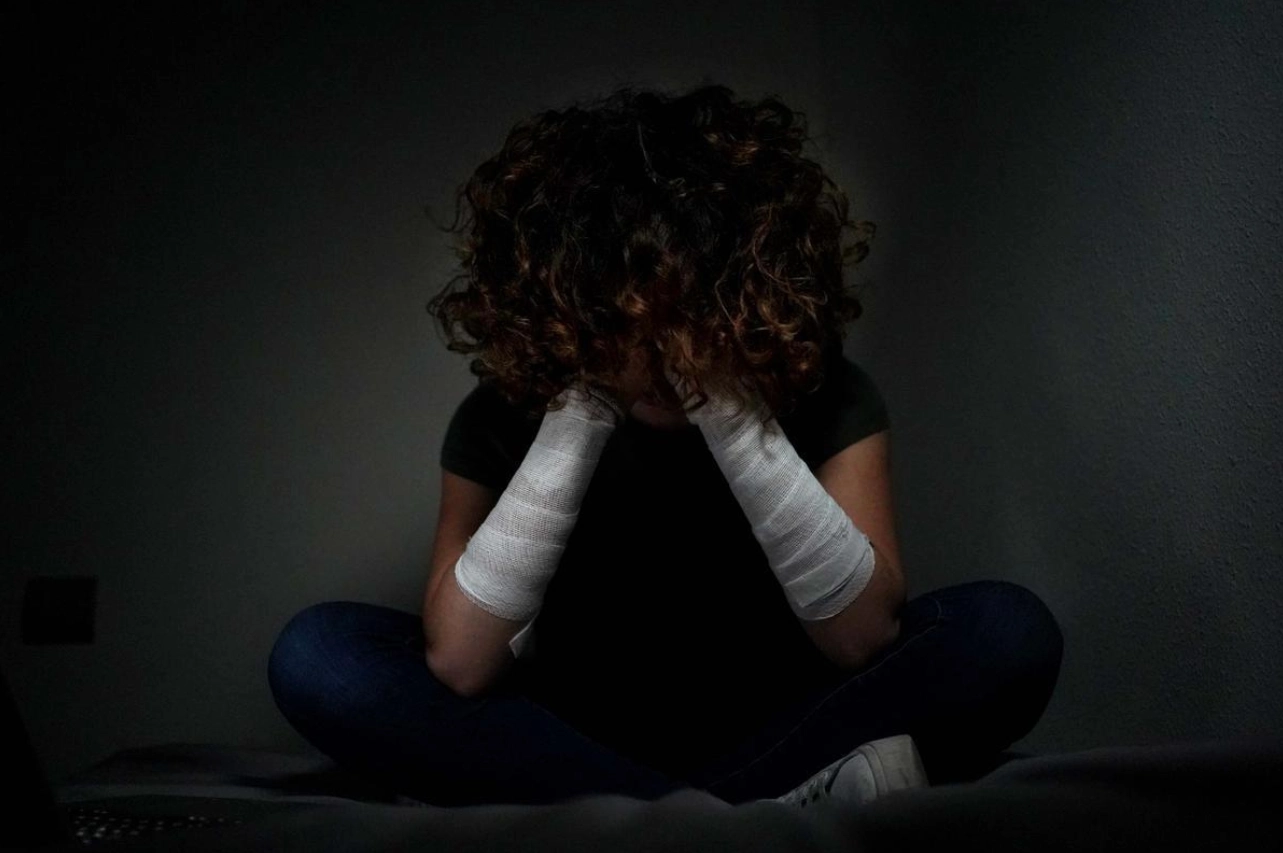Coauthors Luís Carlos Petry and André Bakker da Silveira
In Brazil, the month of September is dedicated to suicide prevention. In a classic text on the subject, Émile Durkheim presents a typology of suicide: selfish, altruistic, and anomic. Selfish suicide occurs when the suicidal person no longer sees any point in continuing to live because he or she is socially disintegrated. Altruistic suicide, on the other hand, involves perpetrators who identify so strongly with their group that they sacrifice themselves in defense of collective causes.
Although the latter helps to understand violent extremism in schools, we believe that it is anomic suicide that can best suggest a clue to understanding the school-attack movement involving a portion of Brazilian youth and adolescents. Anomie, or absence of norms, is characteristic of societies in crisis. The moral code is lost in circumstances of profound uncertainty.
Mental suffering
There are records indicating that 20% of our young people self-harm, according to the Clinical Hospital of the São Paulo University and the University Hospital of Brasília. Self-mutilation is an index of psychological suffering, in which people try to replace psychological pain with physical pain.
But what can lead a young person to psychological suffering from such magnitude? There are at least three psychosocial factors that contribute to the contemporary child and adolescent suffering that underpins acute anomie or desocialization.
The first is the reduction of time and quality of family life due to the increase in working hours. Brazil registers around 70,000 divorces per year. A study by International Euromonitor suggests that single-parent families will grow by 128% between 2000-2030.
Much of this new social dynamic is related to the increasing demands of professional performance, which take time away from family life. Some studies indicate that the original family is losing ground to the imaginary “virtual family” of social networks, where children and adolescents define their clothing, values, and even their language.
The second factor of youth distress is the growing social demand for performance. The philosopher Byung-Chul Han has highlighted a progressive and disturbing social demand for individual performance in all areas of life (scientific knowledge, art, love, sport). Since the horizon of frustration is certain, because there is no way to reach the level of excellence demanded, the vast majority end up hostage to collective expectations, which become threatening pressures. The subject becomes hostage to his or her own imagination.
Finally, there is a growing number of parents who cannot stand frustration and adversity, progressively creating an atmosphere of panic and daily stress in their homes, demanding performance and recognition from their children. On the other hand, a simple symptom of illness is a reason for urgent referral to the nearest emergency department. It so happens that maturity differs from infantilism precisely because of the self-control of immediate or latent emotions.
Frustration is part of human learning and the development of intrapersonal intelligence. However, due to the narcissistic atomism in which society and social networks have been immersed since the beginning of the 21st century, the way of responding to frustration, harassment, and helplessness has been increasingly guided by actions of nullification, retaliation, aggressiveness, and, finally, vulnerability to appeals to encourage authoritarian and extremist actions.
The blackmail ideology
This whole complex context seems to contribute to the lack of horizon of meaning with which some young people seem to live. In a true attachment to a kind of non-reflective nihilism, some boys, adolescents, and men frustrated with their social, economic, and emotional conditions, unable to see any possibility of change or hope for the future, seek refuge with misogynistic groups that reinforce their feelings. It is no coincidence that the term Black Pill appears among supporters of masculinist ideologies circulating on social networks.
According to the U.S.-based Anti-defamation League, Black Pill is part of the ideology of the new far right and the incel movement – the name for masculinist groups meaning involuntary celibates – and represents the perception that the “system” is too entrenched to change and that there is no hope for either to oneself or society. The reason for this disillusionment? The belief that there is no longer a place for men in today’s world, where female privilege reigns.
Faced with the fatalism of this harsh reality, “Blackpilled” (those who adhere to the ideology) are left with only a few options: give up and rot, commit suicide, or commit a mass extremist attack and become a martyr to the cause (hence the importance of being careful in publicizing what is happening). In some cases, the expected outcome for the perpetrator of a school bombing is to be gunned down by law enforcement, ironically referred to as “suicide by cop,” which will bring more prestige to the perpetrator and thus increase the possibility of inspiring others to follow in his footsteps.
This is just one example of the demotivation that can affect boys and young men and, like other forms of radicalization towards violent extremism, is part of the culture of factors that push young people towards processes of self-harm and harm to others, especially girls and women.
Therefore, building life possibilities and promoting spaces of belonging that reconnect people in shared, communitarian, and supportive experiences is a fundamental strategy to prevent the radicalization of young people, or even rescue them from the anomie and depersonalizing atomization that underlie the social and collective suicide that is spreading in our society.
In these emotionally unstable environments, our young people are vulnerable to authoritarian and violent appeals that are presented as heroic, as a response to the daily instability and humiliation that are signs of this atomization. Closing our eyes to this reality means neglecting the future of the next generations. Looking at it, finding its causes, and working to overcome it is, above all, an ethical, civic, and democracy-promoting commitment.
*This text is part of the project (Re)connect: uniting people to overcome violence in schools, organized by the Aurora Institute, with the institutional support of L21. To support the initiative, visit: https://apoia.se/reconectar_escolas
Luís Carlos Petry is a psychoanalyst and topologist. He is a retired professor and researcher at PUC-SP. He wrote the book “Fascismo de masas” together with Rudá Ricci. He is a contributor to the TV Cultiva channel on YouTube.
André Bakker da Silveira is the director of research and projects at the Aurora Institute for Human Rights Education. He holds a master’s degree in Philosophy from the Federal University of Paraná (UFPR) and is a full member of the Municipal Human Rights Commission of Curitiba.
*Translated by Janaína Ruviaro da Silva













